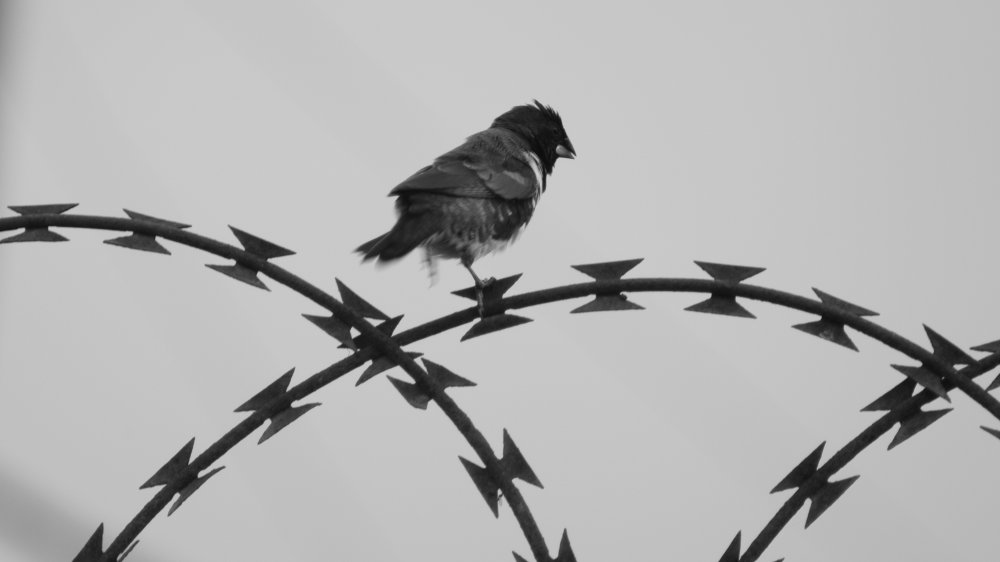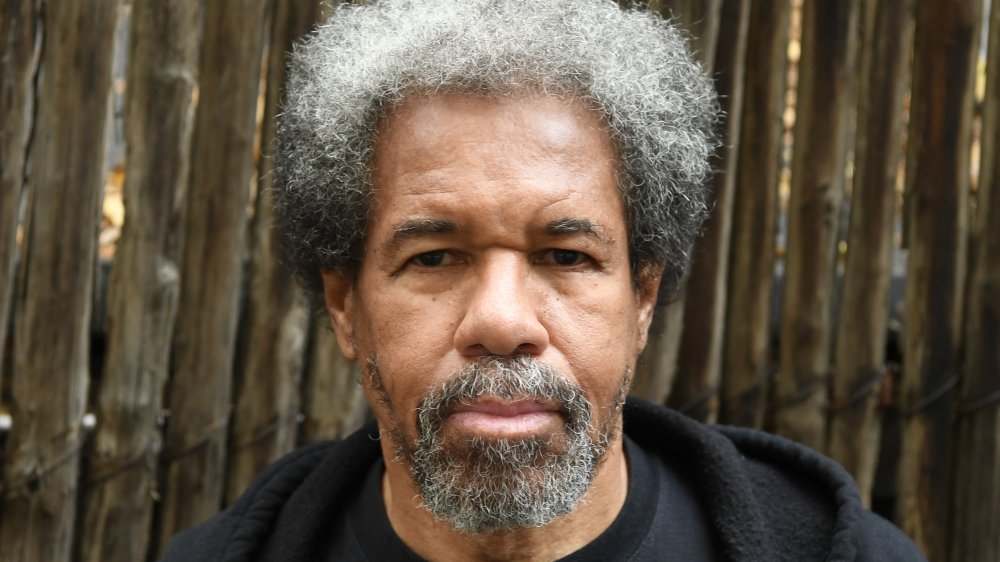The Violent History Of Angola Prison
The Louisiana State Penitentiary is named after the slave plantation that existed on that land where the prison now stands. Columbia University explains that the plantation took its name from the nation its slaves were taken from: Angola. In 1880, former Confederate Major Samuel James purchased the plantation and made it into a prison camp, per the Angola Museum. James converted the slave quarters into jail cells, but basically recreated slavery. According to Shane Bauer, author of American Prison, that this was precisely James' aim. He had already established a lucrative prison factory and planned to make a killing at Angola. And, indeed, he did a lot of killing.
Angola inmates worked in the plantation fields, on levees, and on railroads. Prisoners who shared their stories with reporters painted a torturous portrait of whippings, subsisting on "starvation wages," and sleeping in muddy clothes. Inmates died in droves. Conditions were so horrific that in 1884, the editor at the Daily Picayune concluded that it would be "more humane to punish with death all prisoners sentenced to a longer period than six years." Between 1870 and 1901, 3,000 of James' inmates died. Amid reports about the barbaric treatment of inmates, the state of Louisiana took over the prison. But some might argue that the brutal plantation mentality persisted under government-approved overseers.
The scourges of convicts and the courage of convictions
As detailed in court documents, when Albert Woodfox went to Angola State Prison in the early 1970s to serve a 50-sentence for armed robbery, the place was racially segregated, rape and stabbings ran rampant, and inmates "were traded as slaves by stronger, predator inmates." In 1972, Woodfox was accused of stabbing prison guard Brent Miller, 32 times, after the officer's lifeless body was found "lying in a pool of blood." The New York Times reports that on the day before Miller's murder, a guard was set on fire.
Woodfox professed his innocence and produced witnesses but was convicted. He spent nearly 44 years in solitary confinement, via the Guardian. Angola's guards kept him company. An excerpt from his memoir recounts how the officers elbowed him the the face, ribs, and chest before escorting him to solitary and then "viciously" attacked him in a stairwell. After multiple appeals, Woodstock was freed in 2016 after agreeing to a plea bargain, but Angola's story did not end with that bittersweet release.
Per a 2020 Justice Department press release, former Angola prison major Daniel Davis was convicted of beating a shackled, non-resisting inmate, letting subordinates join in, and conspiring to cover it up. According to Newsweek, in 2018, more than two dozen inmates peacefully refused to perform farm work, and called for an investigation into "slavery" at Angola. While it's technically not a plantation anymore, captive black people still work the fields.

